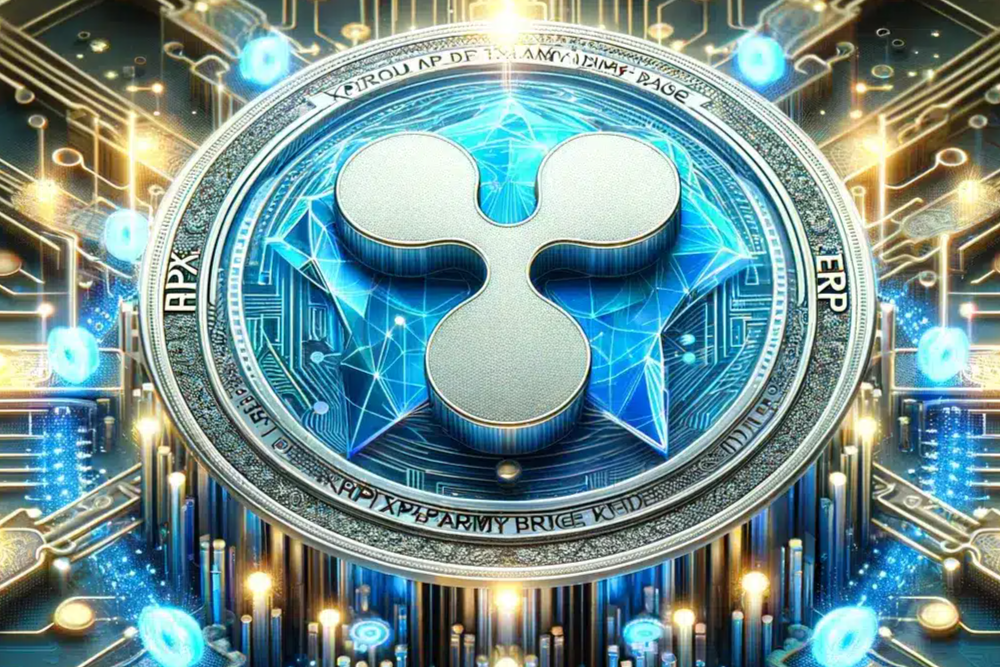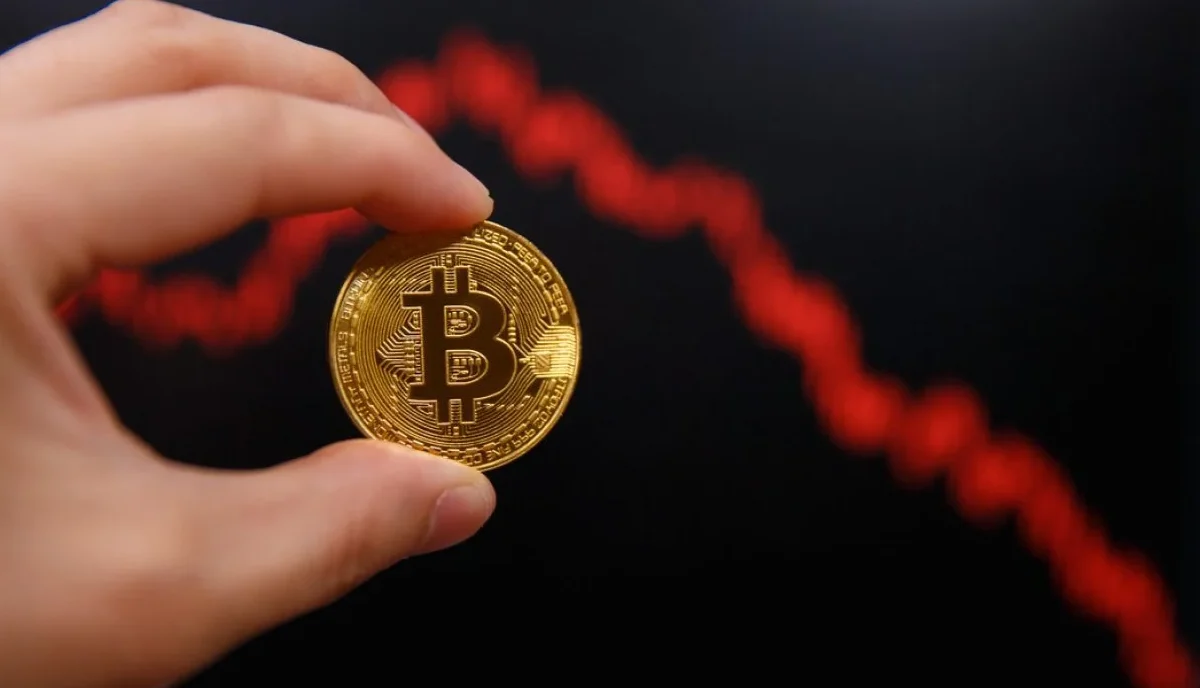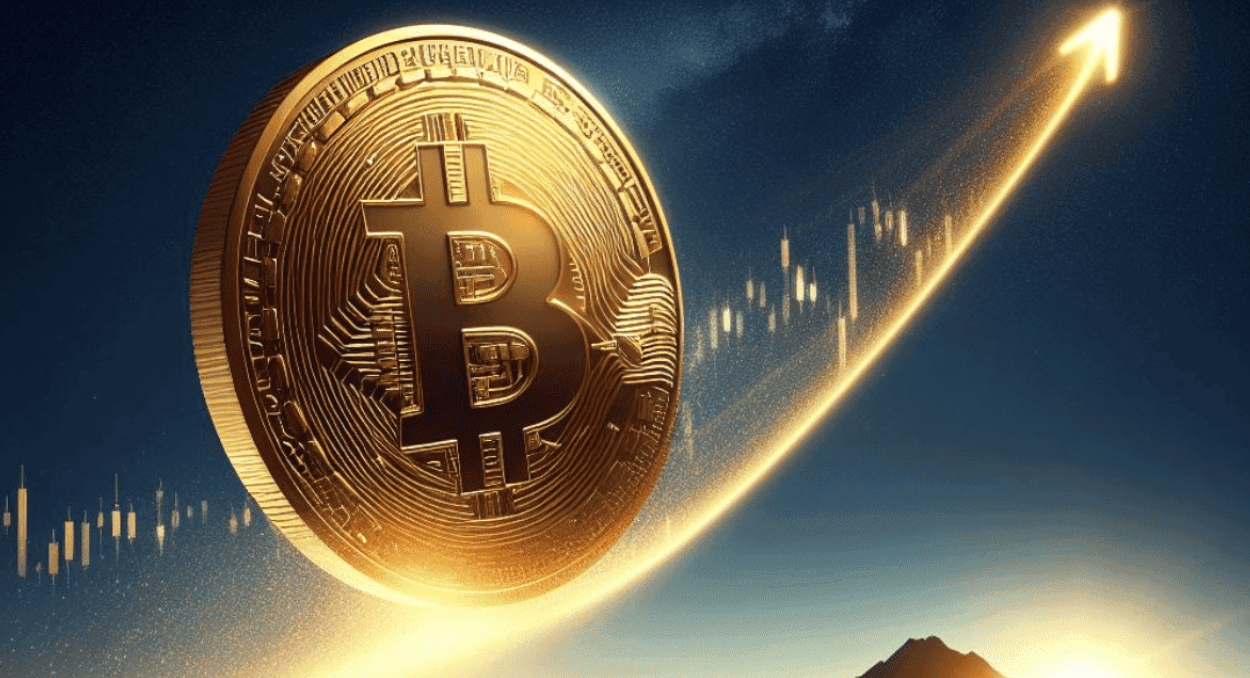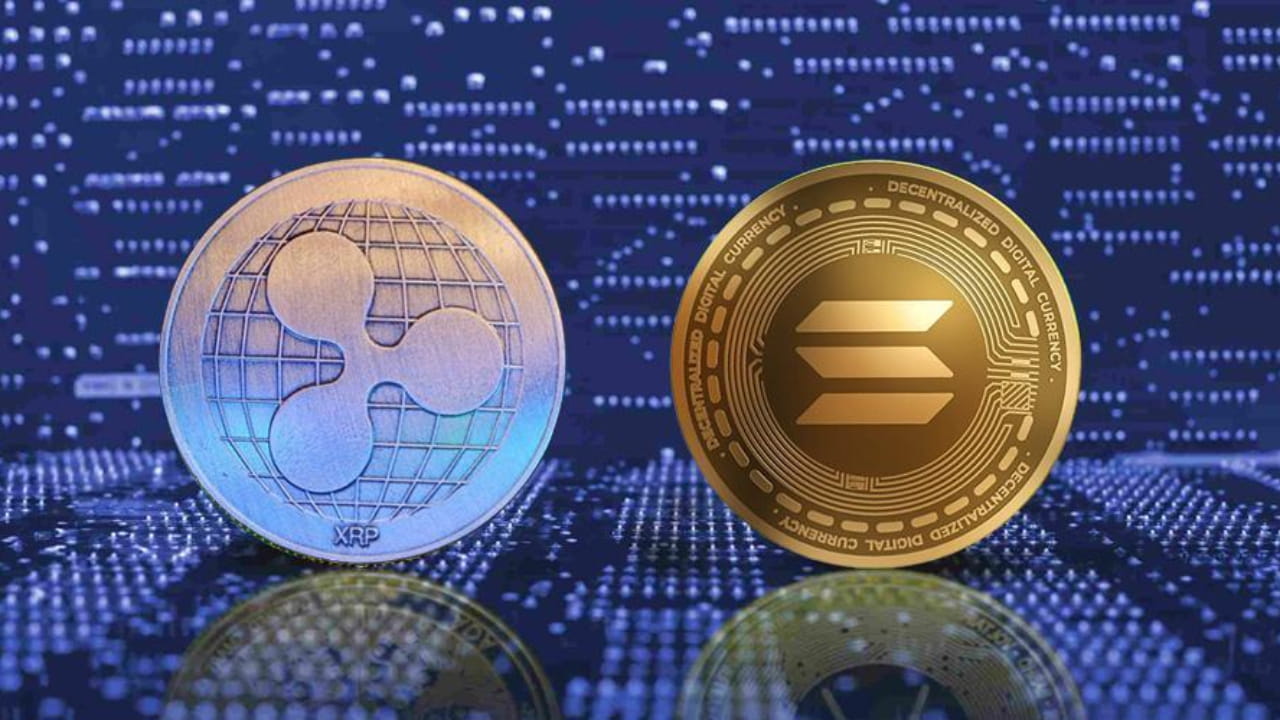What is Node Selling? A Beginner’s Guide

What is Node Selling? In the evolving world of blockchain technology and decentralized systems, terms like node and node selling are becoming increasingly common. For those new to this field, understanding these concepts can feel daunting. In this beginner’s guide, we’ll break down what node selling is, its significance, and why it matters in the context of blockchain and cryptocurrencies How to Make Money Crypto Trading.
What is a Node?
To understand node selling, you first need to know what a node is. In blockchain networks, a node is any device (computer, server, etc.) that participates in the network by maintaining a copy of the blockchain and performing various functions such as:
- Validating transactions
- Securing the network
- Facilitating communication between other nodes
Nodes are the backbone of decentralized networks, ensuring transparency and trust in systems like Bitcoin, Ethereum, and other blockchain platforms.
What is Node Selling?
Node selling involves buying, leasing, or transferring the rights to operate a node on a blockchain network. In simpler terms, it’s a process where individuals or companies acquire nodes either to:
- Earn rewards (through transaction fees or network incentives).
- Delegate their responsibilities to someone else while maintaining ownership.
This practice has grown as blockchain networks like Ethereum and newer Proof-of-Stake (PoS) systems have made running a node more accessible.
How Does Node Selling Work?
- Acquiring a Node
- Individuals or organizations initially invest in a node by purchasing the necessary hardware or staking tokens on PoS networks.
- Setting Up and Running the Node
- This involves configuring the software, ensuring consistent uptime, and maintaining the node’s security.
- Selling or Leasing the Node
- Owners may sell their nodes outright or lease them to interested parties for a fee. The new owner or lessee benefits from the rewards generated by the node while the original owner gains liquidity or reduces operational responsibilities.
Why Do People Buy or Lease Nodes?
1. Passive Income Opportunities
Nodes often generate rewards in the form of cryptocurrency. For example, staking nodes in PoS systems earn staking rewards, making them an attractive investment.
2. Reduced Technical Burden
Leasing a node allows individuals to participate in the network without the need for technical expertise or ongoing maintenance.
3. Scalability and Expansion
Organizations may acquire multiple nodes to scale their operations or increase their influence in a particular blockchain ecosystem.
Benefits of Node Selling
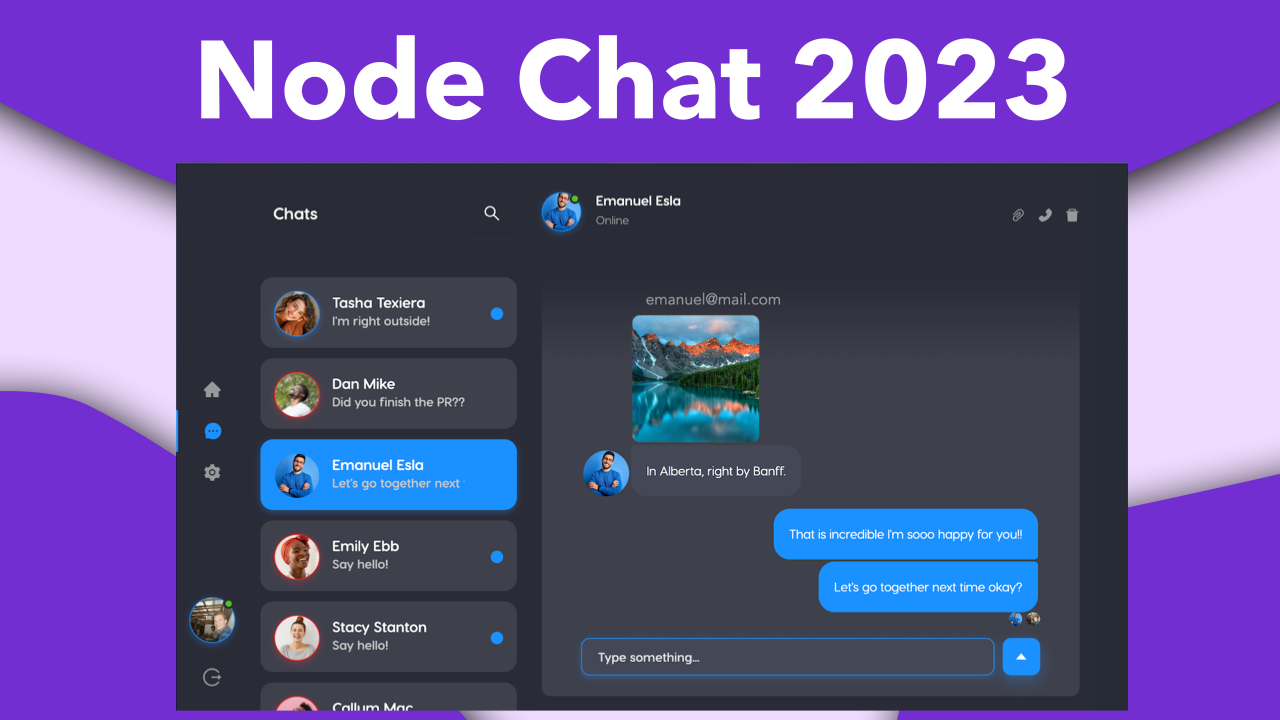
- Liquidity: Node owners can recoup their investment by selling or leasing nodes.
- Network Growth: Selling nodes helps decentralize and grow blockchain networks by involving more participants.
- Access to Rewards: Buyers gain access to a consistent income stream from node operations.
Challenges to Consider
1. Technical Complexity
Running a node requires technical expertise, particularly for complex networks like Ethereum.
2. Upfront Costs
The initial investment in hardware, tokens, or other requirements can be high.
3. Security Risks
Nodes are critical to blockchain networks, and poor management or insufficient security can expose them to risks like hacking.
Is Node Selling Right for You?
Node selling can be a profitable venture for those willing to invest time and resources in understanding blockchain networks. For beginners, it’s essential to start small, conduct thorough research, and consult with experts before making any investments.
Conclusion
Node selling is an innovative aspect of blockchain technology, offering opportunities for both technical and non-technical individuals to participate in decentralized ecosystems. As the blockchain landscape evolves, understanding concepts like node selling will become increasingly valuable.
[sp_easyaccordion id=”3131″]

